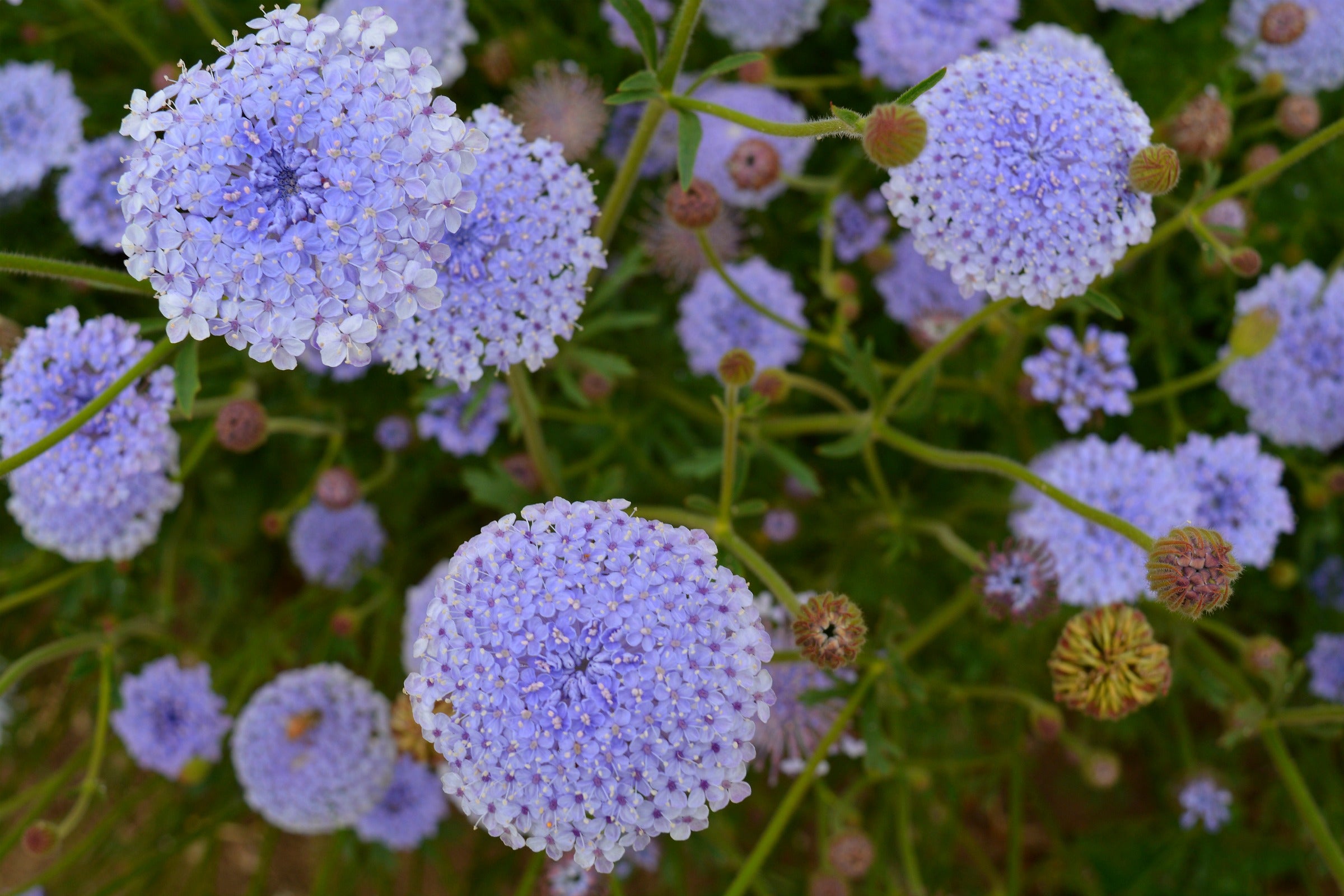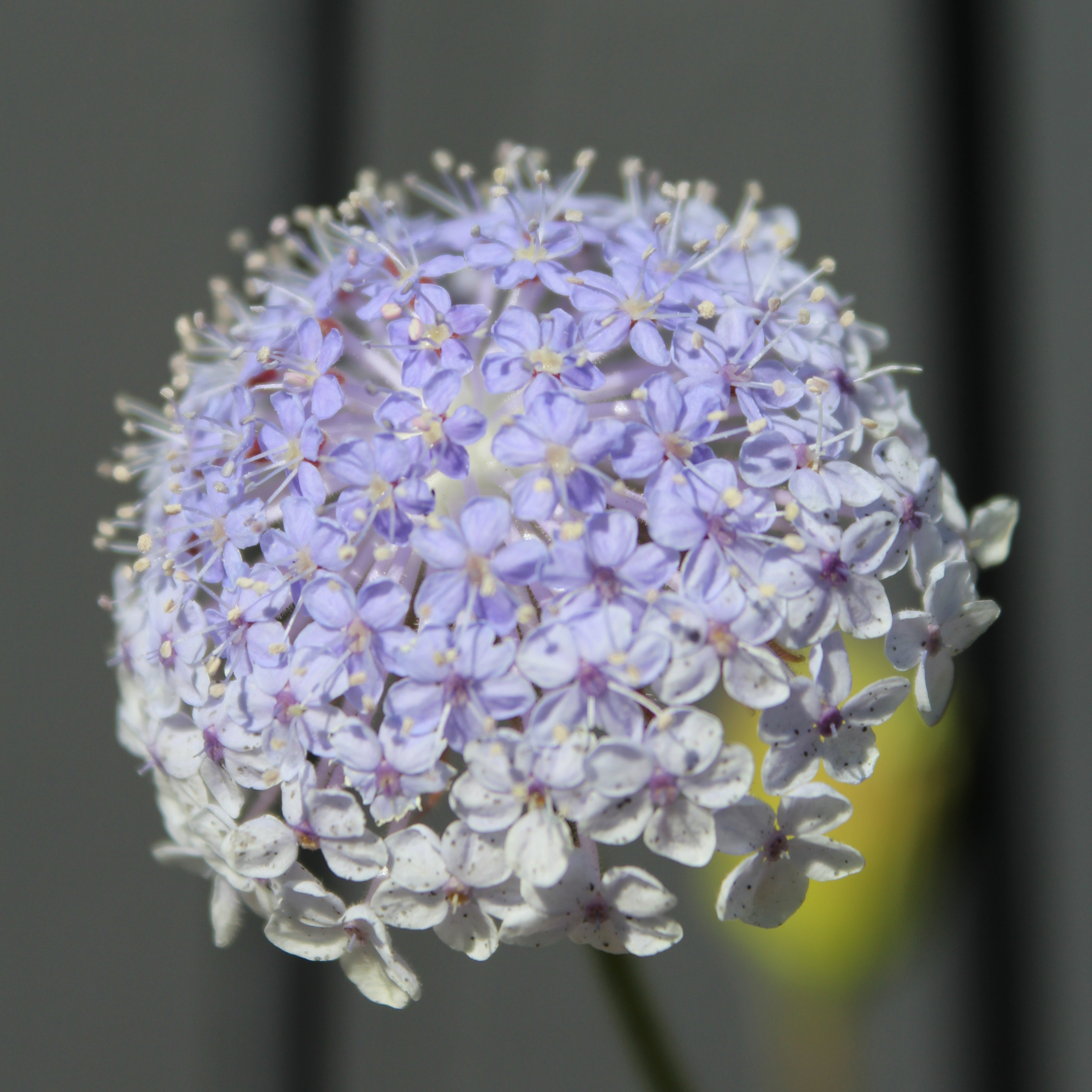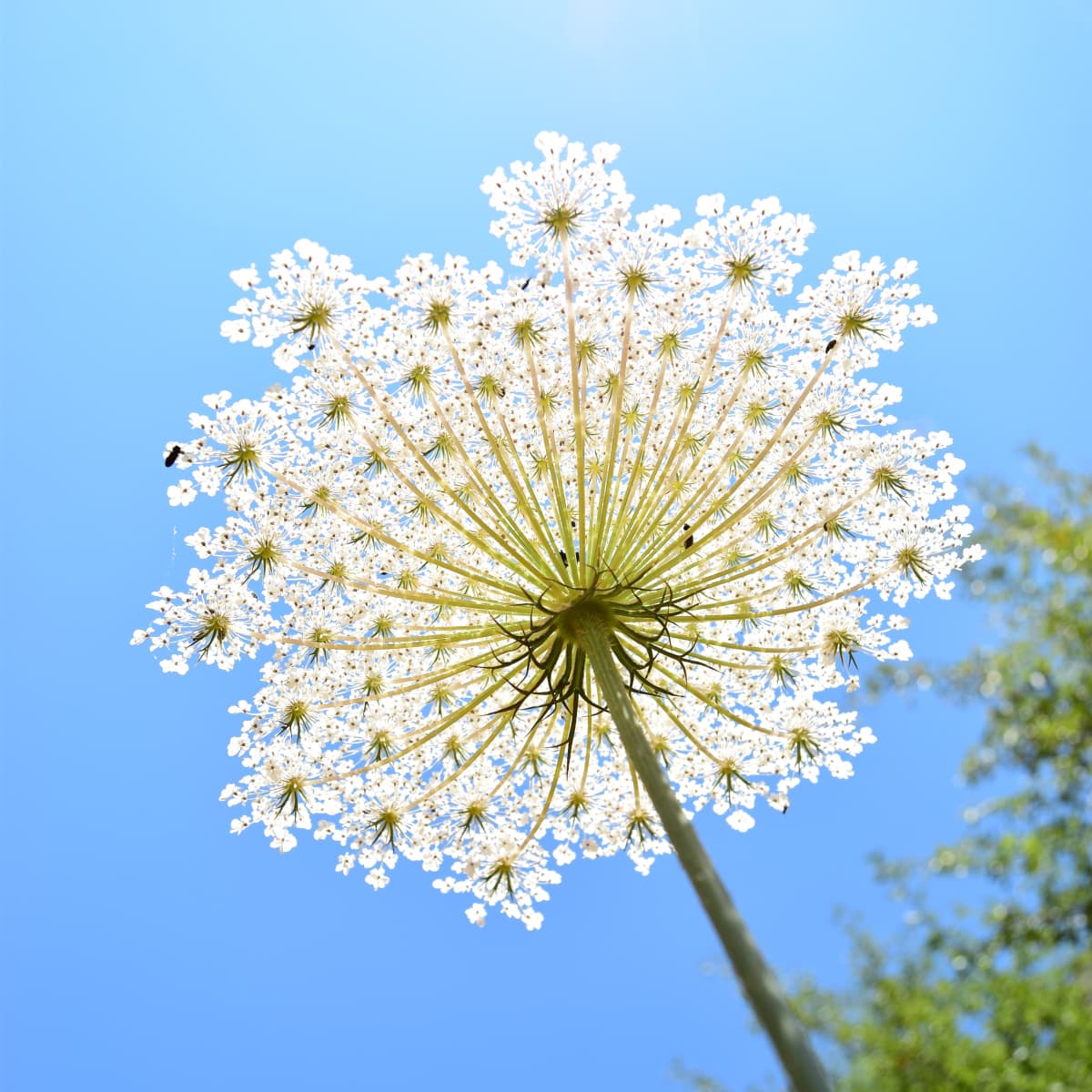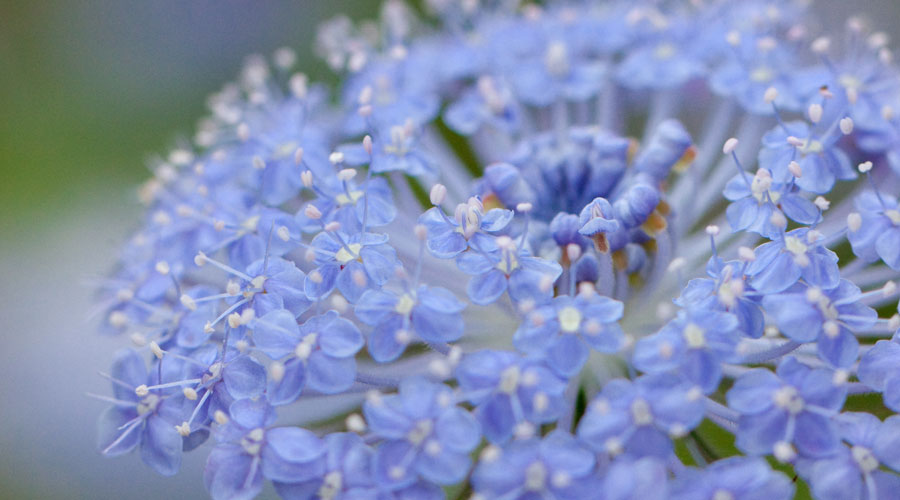Blue Lace Flower - Harvesting History
4.6 (569) · $ 17.00 · In stock
Blue Lace Flower – A Little History and Some Growing Instructions Blue Lace Flowers are native to Australia and little is known about how this plant made its way to the New World. The plant’s Latin name is Trachymene Coerulea, but it is also identified by the Latin name Didiscus Coeruleus. Blue Lace Flower was probably carried to England and then introduced into the United States from England. Joseph Breck in his 1851 book, The Flower Garden, called didiscus, “…an elegant annual…producing its fine blue flowers in numerous umbrels…the size and shape of a large quilled Aster.” It was a popular cottage garden flower during Victorian times, but lost its popularity in the mid-20th century. Among commercial growers, Blue Lace Flower is now re-emerging as an important cut flower. The blossoms retain their beauty, color and form, when cut, for several weeks. The Blue Lace Flower produces beautiful, light blue blossoms which closely resemble Queen Anne’s Lace. The plant is, in fact, related to Ammi Majus, a garden flower whose common name is False Queen Anne’s Lace. The flowers are borne on 24-30 inch stems. The plants should always be direct seeded because they do not transplant well. Plant Blue Lace Flower in spring after the danger of frost has passed. Cover with 1/4 inch of soil. The seeds often take 2-3 weeks to germinate. Mature plants should be spaced no closer than 15 inches. As the plant grows it will form a lovely lacy mound of green leaves. In late July or early August it will begin to produce its blue lace blossoms. It is a prolific bloomer when grown in full sun. It will continue to bloom throughout the fall until there is a killing frost.

Didiscus, 'Blue Lace Flower

Blue Lace Flower (Trachymene coerulea subsp. coerulea)

Chicory Is the Cheshire Cat of Herbs - The New York Times

Lace Flower Lacy Blue – Floret Library
30 seeds

Blue Lace Flower

Blue Lace Flower Seeds Baker Creek Heirloom Seeds

Shop Blue Lace Flower And Other Seeds At Harvesting History

Set love and creativity abloom this flowery February

How to Identify Queen Anne's Lace (Wild Carrot) - Dengarden












